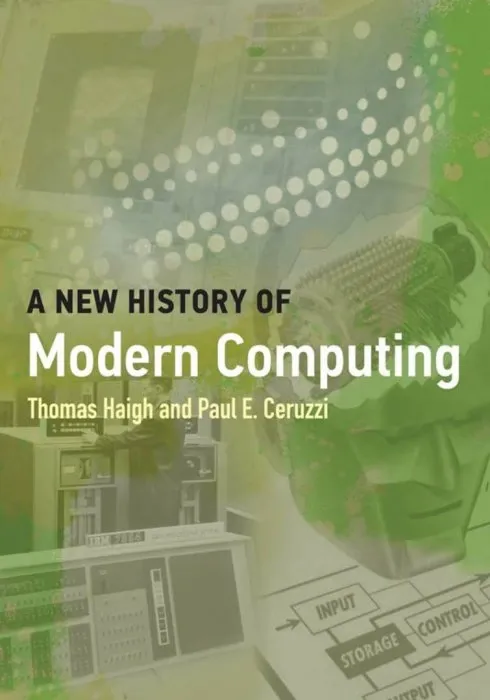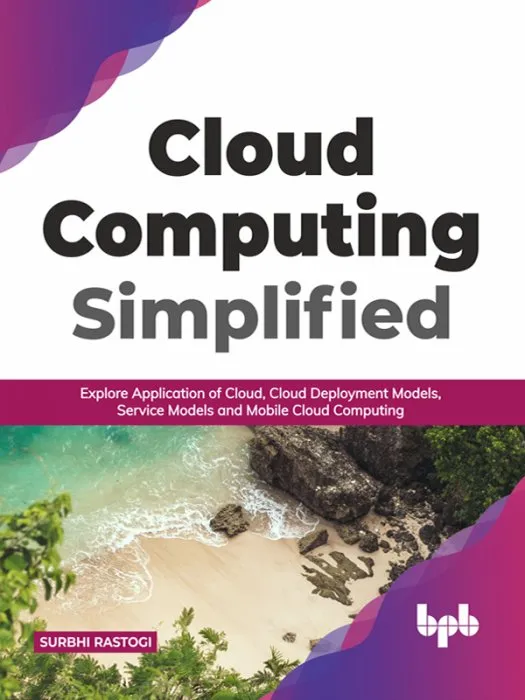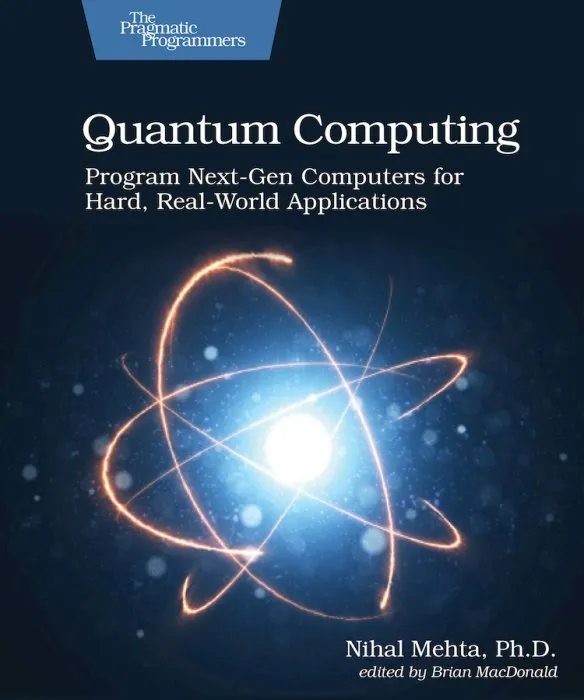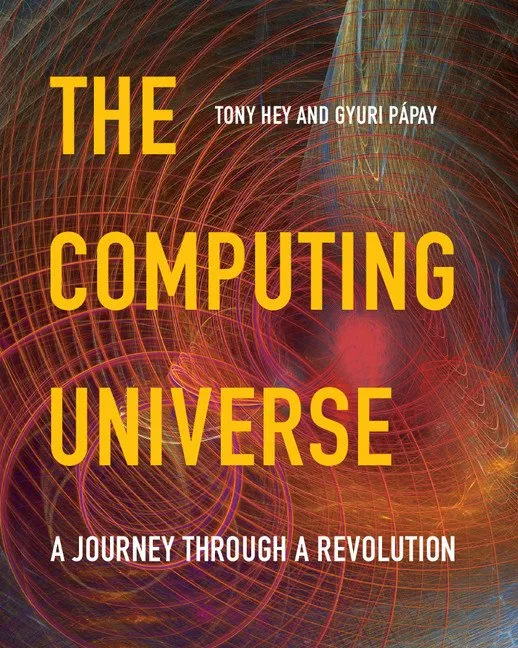Abstractions and Embodiments: New Histories of Computing and Society (Studies in Computing and Culture)
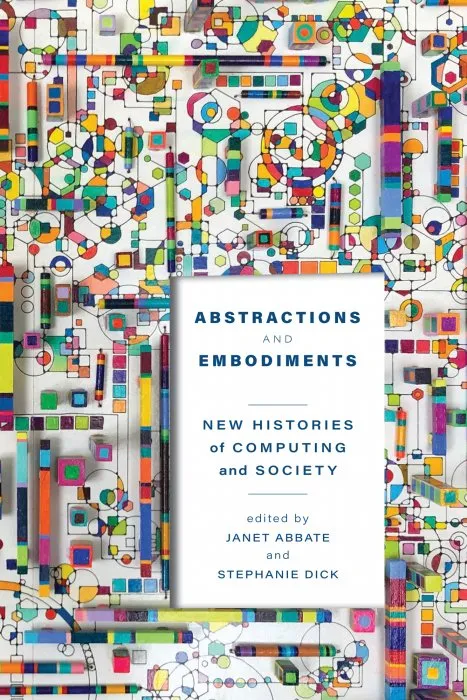
Date: August 30th, 2022
ISBN: 1421444372
Language: English
Number of pages: 472 pages
Format: EPUB
Add favorites
Cutting-edge historians explore ideas, communities, and technologies around modern computing to explore how computers mediate social relations.
Computers have been framed both as a mirror for the human mind and as an irreducible other that humanness is defined against, depending on different historical definitions of "humanness." They can serve both liberation and control because some people's freedom has historically been predicated on controlling others. Historians of computing return again and again to these contradictions, as they often reveal deeper structures.
Using twin frameworks of abstraction and embodiment, a reformulation of the old mind-body dichotomy, this anthology examines how social relations are enacted in and through computing. The authors examining "Abstraction" revisit central concepts in computing, including "algorithm," "program," "clone," and "risk." In doing so, they demonstrate how the meanings of these terms reflect power relations and social identities. The section on "Embodiments" focuses on sensory aspects of using computers as well as the ways in which gender, race, and other identities have shaped the opportunities and embodied experiences of computer workers and users. Offering a rich and diverse set of studies in new areas, the book explores such disparate themes as disability, the influence of the punk movement, working mothers as technical innovators, and gaming behind the Iron Curtain.
Abstractions and Embodiments reimagines computing history by questioning canonical interpretations, foregrounding new actors and contexts, and highlighting neglected aspects of computing as an embodied experience. It makes the profound case that both technology and the body are culturally shaped and that there can be no clear distinction between social, intellectual, and technical aspects of computing.
Contributors: Janet Abbate, Marc Aidinoff, Troy Kaighin Astarte, Ekaterina Babinsteva, André Brock, Maarten Bullynck, Jiahui Chan, Gerardo Con Diaz, Liesbeth De Mol, Stephanie Dick, Kelcey Gibbons, Elyse Graham, Michael J. Halvorson, Mar Hicks, Scott Kushner, Xiaochang Li, Zachary Loeb, Lisa Nakamura, Tiffany Nichols, Laine Nooney, Elizabeth Petrick, Cierra Robson, Hallam Stevens, Jaroslav Švelch
Computers have been framed both as a mirror for the human mind and as an irreducible other that humanness is defined against, depending on different historical definitions of "humanness." They can serve both liberation and control because some people's freedom has historically been predicated on controlling others. Historians of computing return again and again to these contradictions, as they often reveal deeper structures.
Using twin frameworks of abstraction and embodiment, a reformulation of the old mind-body dichotomy, this anthology examines how social relations are enacted in and through computing. The authors examining "Abstraction" revisit central concepts in computing, including "algorithm," "program," "clone," and "risk." In doing so, they demonstrate how the meanings of these terms reflect power relations and social identities. The section on "Embodiments" focuses on sensory aspects of using computers as well as the ways in which gender, race, and other identities have shaped the opportunities and embodied experiences of computer workers and users. Offering a rich and diverse set of studies in new areas, the book explores such disparate themes as disability, the influence of the punk movement, working mothers as technical innovators, and gaming behind the Iron Curtain.
Abstractions and Embodiments reimagines computing history by questioning canonical interpretations, foregrounding new actors and contexts, and highlighting neglected aspects of computing as an embodied experience. It makes the profound case that both technology and the body are culturally shaped and that there can be no clear distinction between social, intellectual, and technical aspects of computing.
Contributors: Janet Abbate, Marc Aidinoff, Troy Kaighin Astarte, Ekaterina Babinsteva, André Brock, Maarten Bullynck, Jiahui Chan, Gerardo Con Diaz, Liesbeth De Mol, Stephanie Dick, Kelcey Gibbons, Elyse Graham, Michael J. Halvorson, Mar Hicks, Scott Kushner, Xiaochang Li, Zachary Loeb, Lisa Nakamura, Tiffany Nichols, Laine Nooney, Elizabeth Petrick, Cierra Robson, Hallam Stevens, Jaroslav Švelch
Download Abstractions and Embodiments: New Histories of Computing and Society (Studies in Computing and Culture)
Similar books
Information
Users of Guests are not allowed to comment this publication.
Users of Guests are not allowed to comment this publication.
